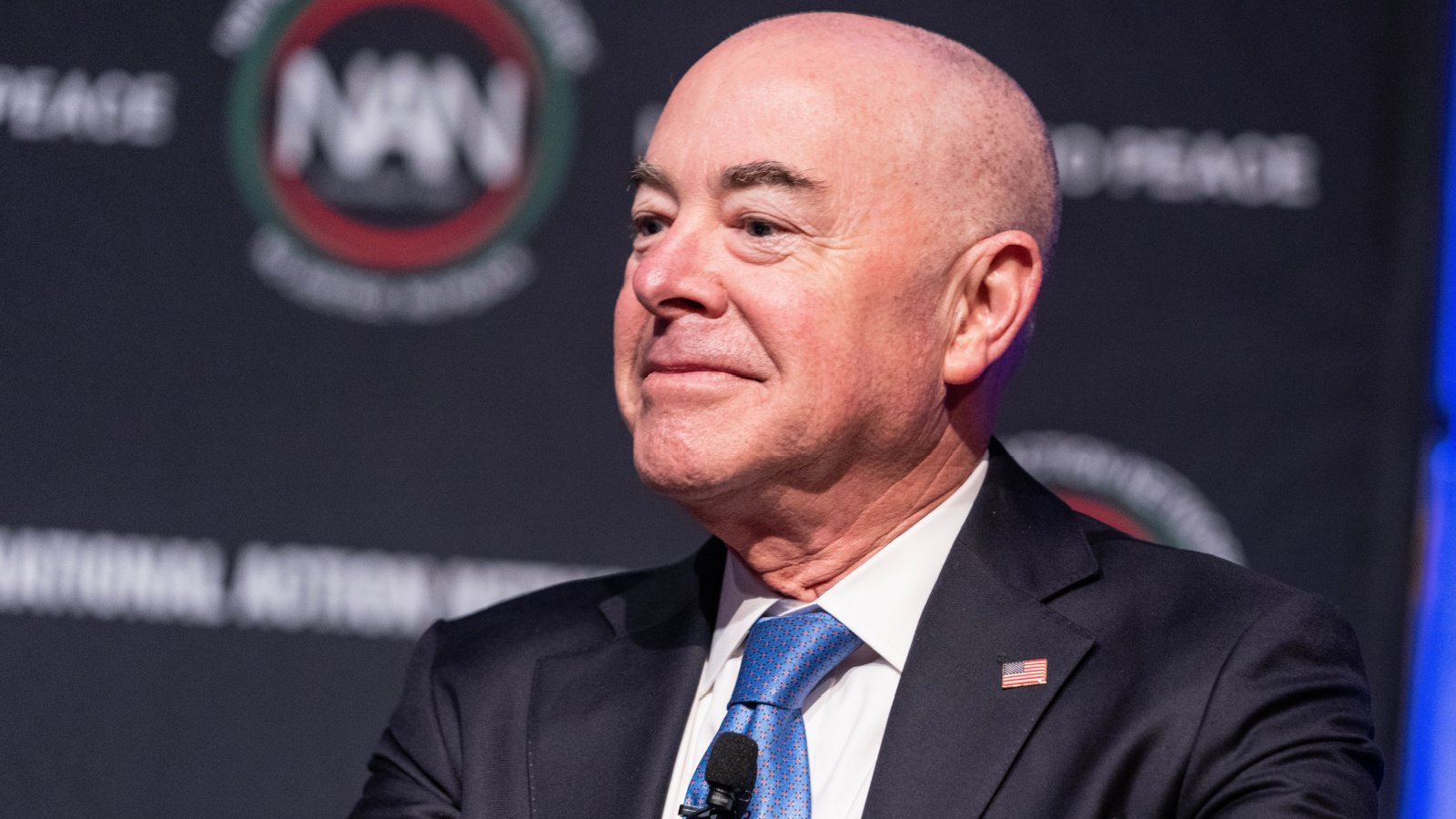Recent comments from Donald Trump have reignited the debate over U.S.-Israel relations drawing sharp responses from Democratic leaders. This clash highlights the significant influence of Jewish American voters.
Trump’s Bold Claims

In a striking statement, former President Donald Trump boldly claimed that Jewish Democrats are betraying both Israel and their faith, sparking a wave of criticism. His comments have drawn sharp rebukes from the White House, Jewish leaders, and President Joe Biden’s campaign, highlighting the controversy his words have ignited.
Political Firestorm

During an interview, Trump didn’t mince words, accusing Democrats of harboring hostility towards Israel, particularly in light of recent criticisms directed at Israeli Prime Minister Benjamin Netanyahu.
Controversial Remarks

Trump didn’t stop there; he went further to suggest that Jewish voters supporting Democrats are essentially turning their backs on their religion and Israel itself.
Widespread Condemnation
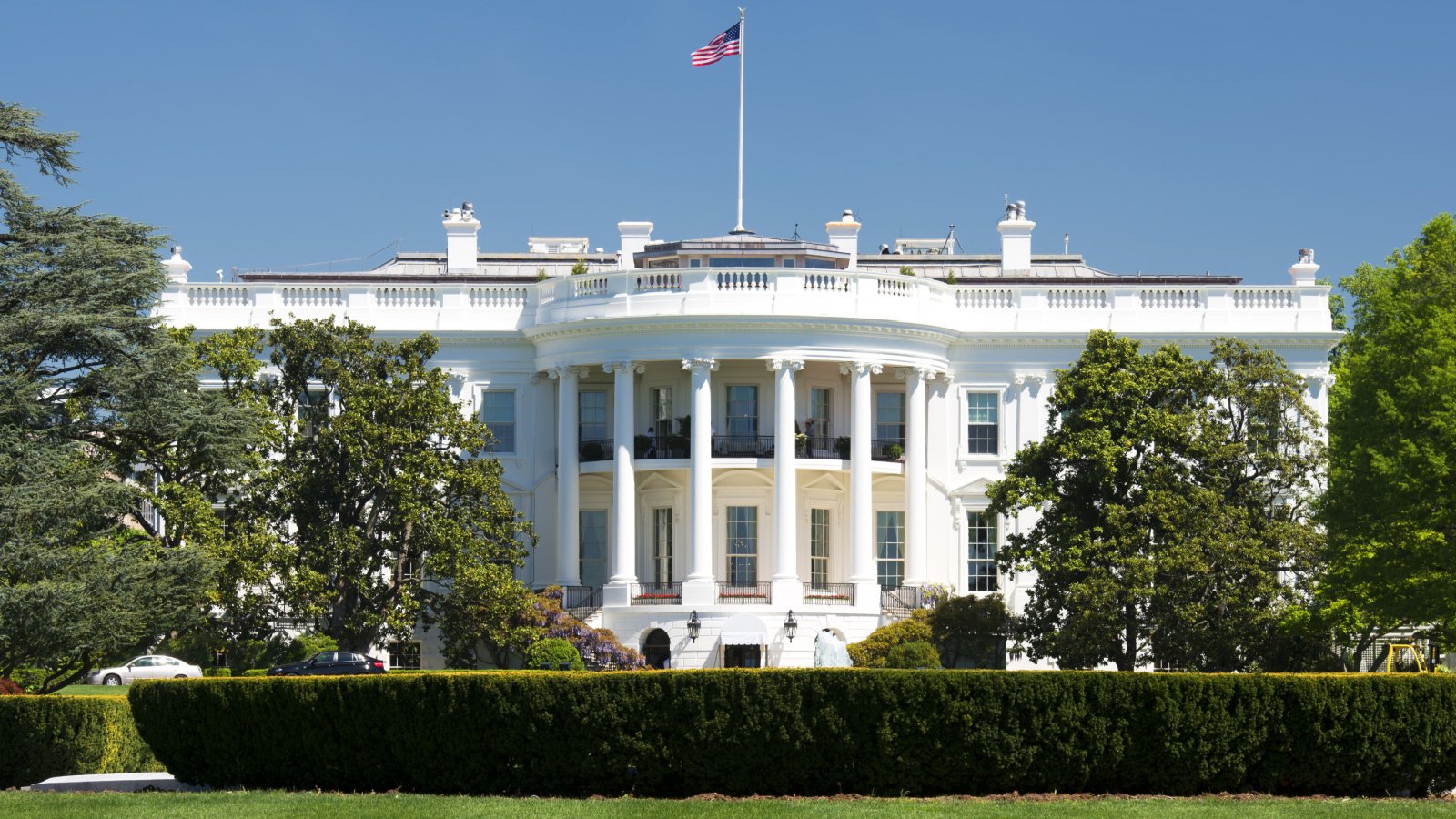
The backlash was swift, with the White House denouncing Trump’s comments as “vile and unhinged” antisemitic rhetoric, albeit without naming him directly.
Biden’s Campaign Responds
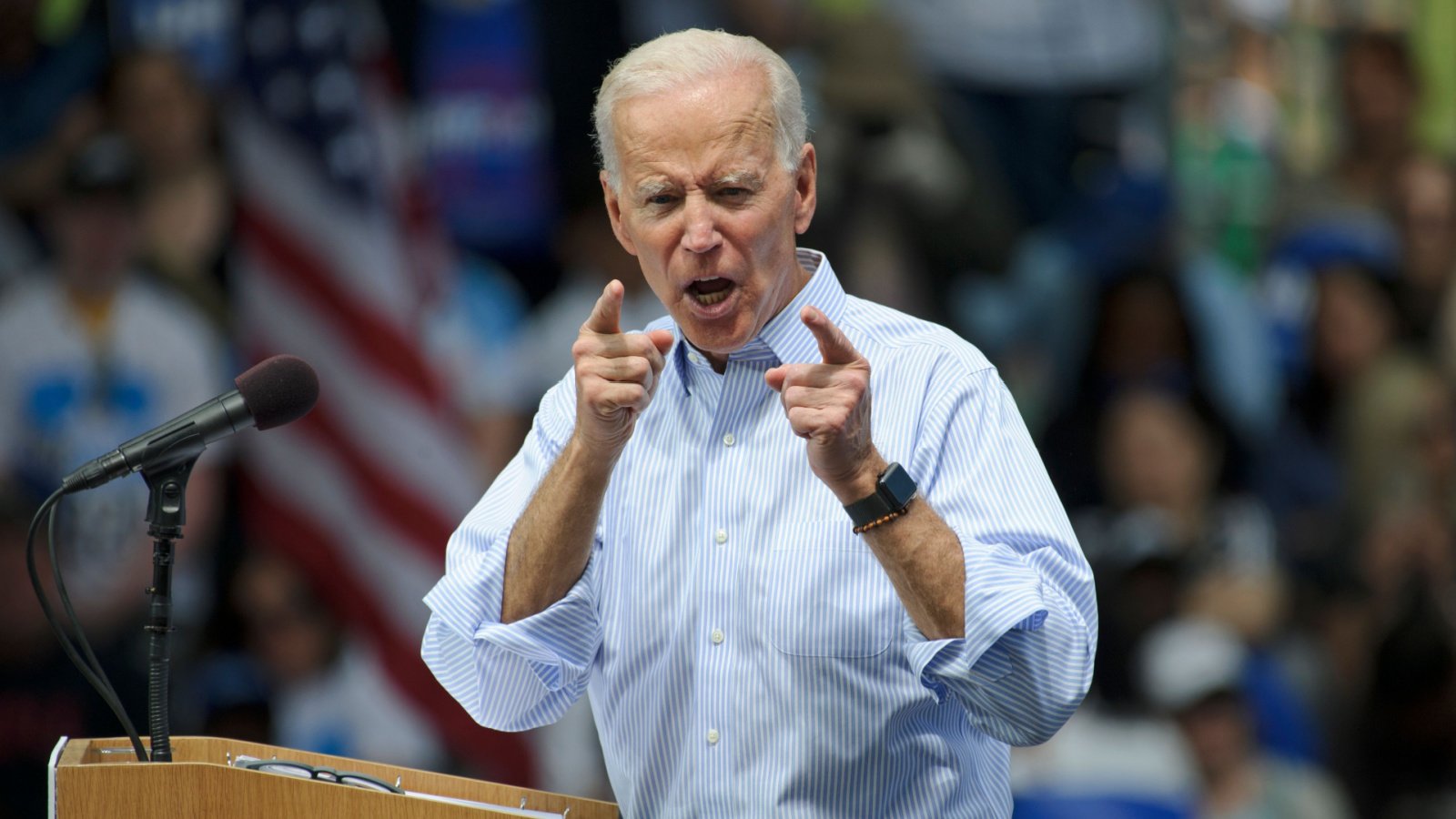
In contrast, Biden’s campaign opted for a more direct approach, laying the blame squarely on Trump and forecasting his defeat in the upcoming November elections.
ADL’s Stand
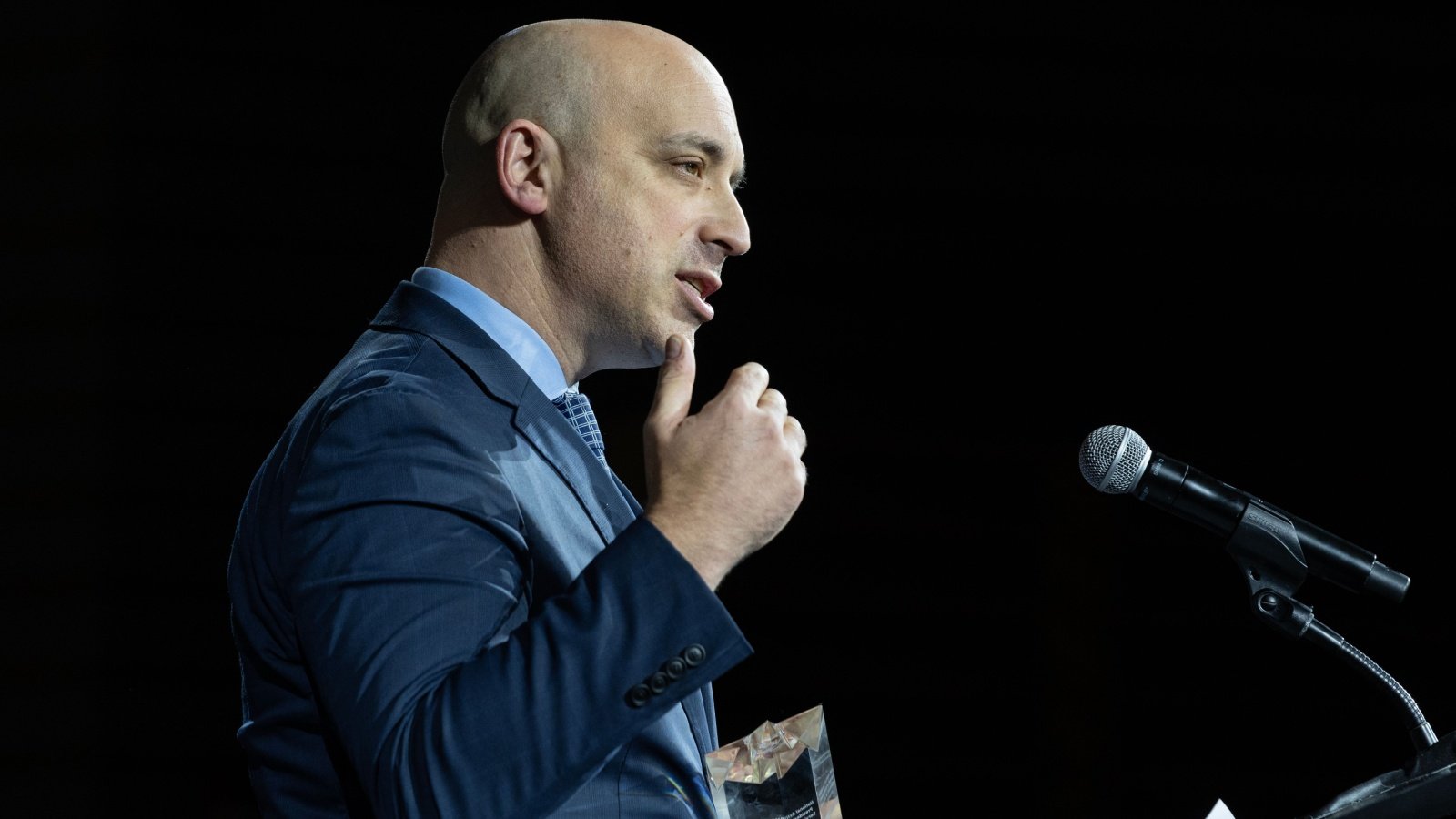
Jonathan Greenblatt of the Anti-Defamation League labeled Trump’s accusations as both defamatory and untrue, criticizing the undermining of bipartisan support for Israel. His comments underscore the importance of a united front in supporting the US-Israel alliance, beyond partisan divides.
The Biden Dilemma

Meanwhile, President Biden finds himself under increasing pressure from his party’s progressive wing, especially concerning the US’s stance on Israel amidst the ongoing conflict in Gaza. This political quandary reveals the complex dynamics at play within the Democratic Party and the broader US political landscape regarding Middle Eastern policy.
Biden’s Balancing Act

President Biden is navigating a delicate balance, supporting Israel’s right to self-defense while openly criticizing Prime Minister Netanyahu’s strategies. After his State of the Union address, Biden hinted at a pivotal conversation with Netanyahu, expressing concern over the Prime Minister’s actions and their impact on civilian lives.
Political Ripples from Schumer’s Critique
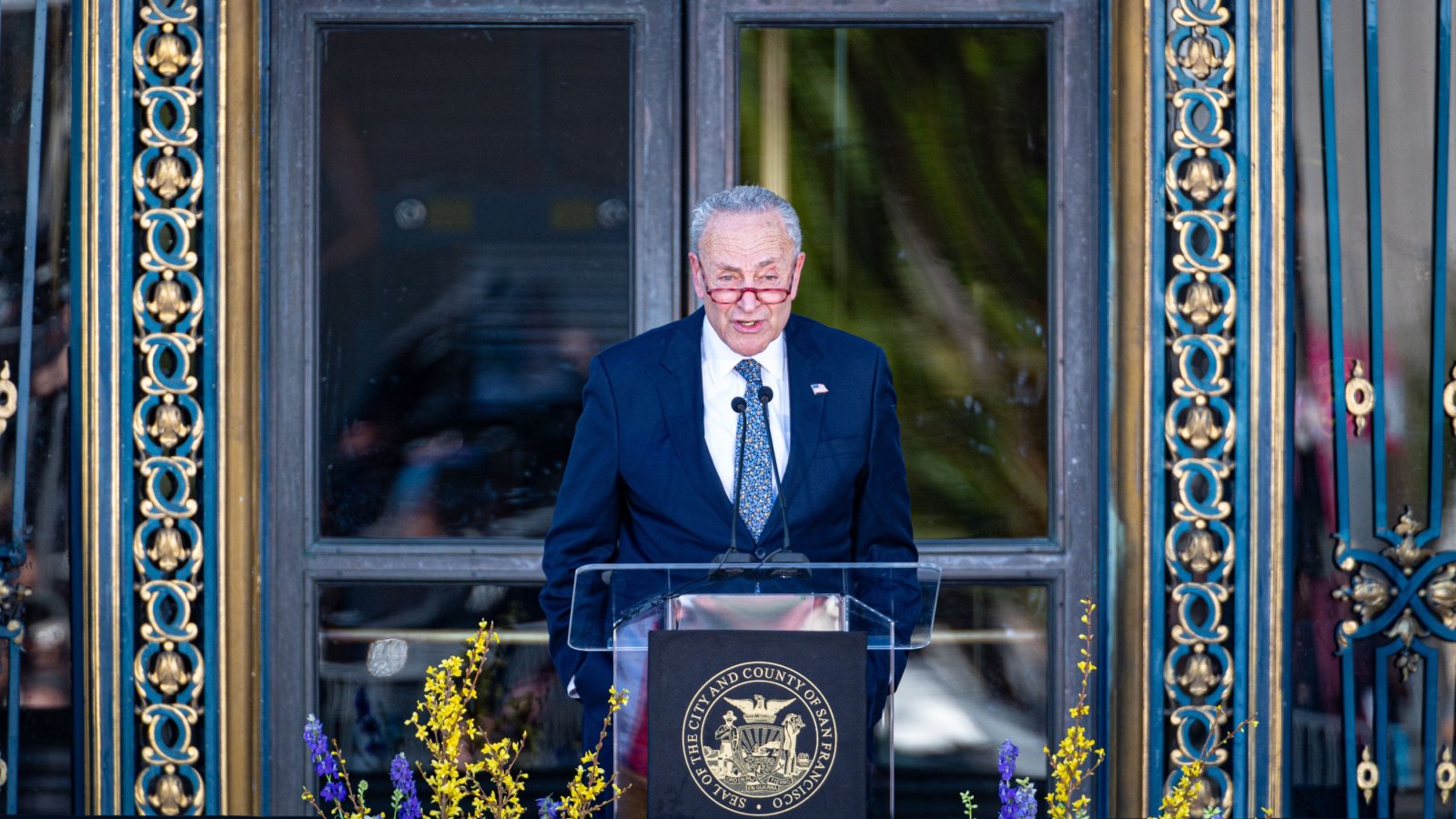
Senate Majority Leader Chuck Schumer’s recent critique of Netanyahu has not only stirred controversy but has also drawn fire from former President Trump. Schumer’s call for Israel to reconsider its approach in Gaza and possibly hold new elections reflects a broader sentiment within the Democratic Party, despite the White House’s official stance.
The Partisan Divide on Israel
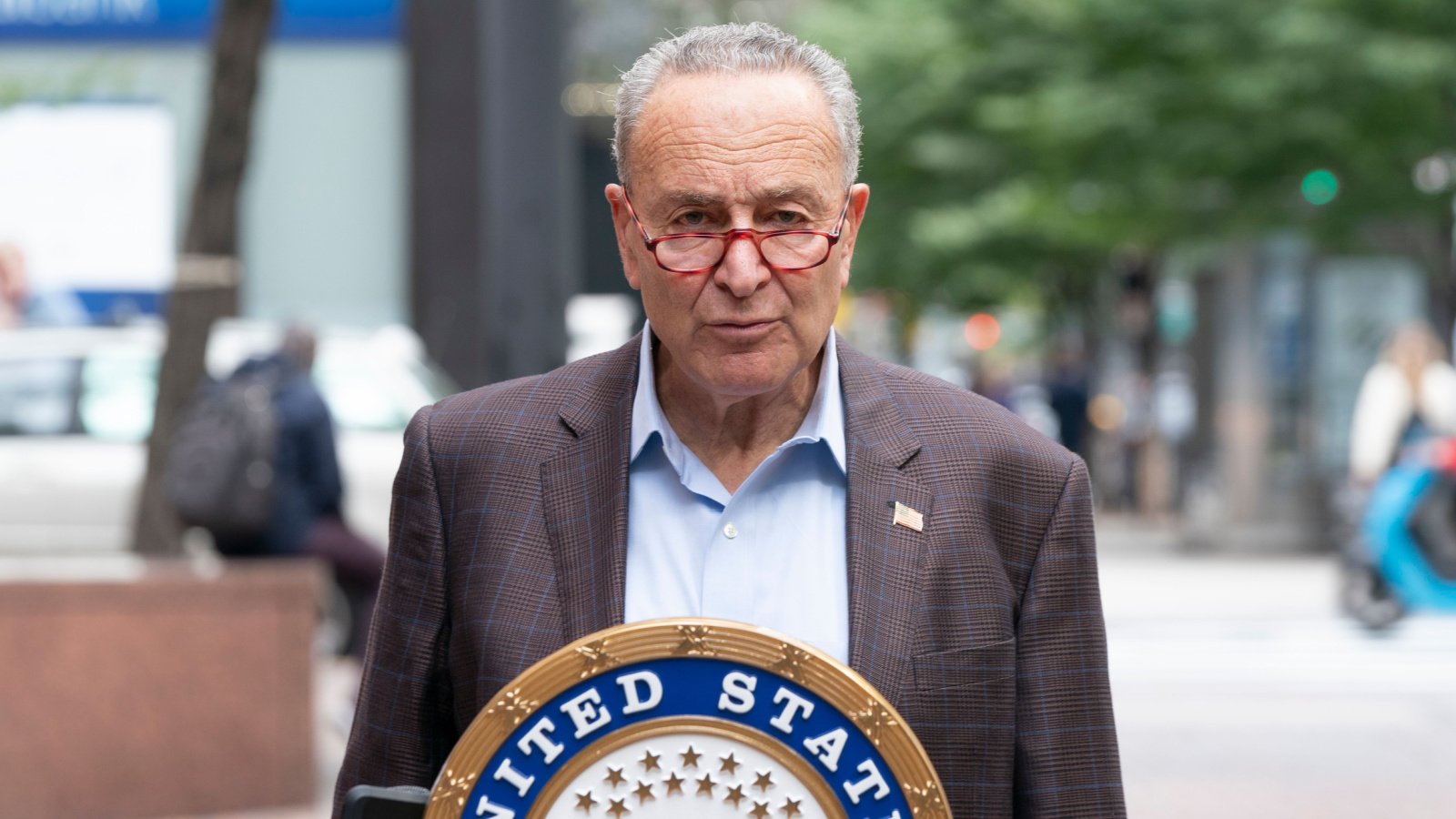
Trump’s reaction to Schumer’s remarks underscores a deepening divide on Israel within American politics, with accusations flying over the politicization of the U.S.-Israel relationship. Schumer countered Trump’s attacks by highlighting the danger of turning Israel into a wedge issue, advocating for a bipartisan approach to support.
American Jews and Political Leanings
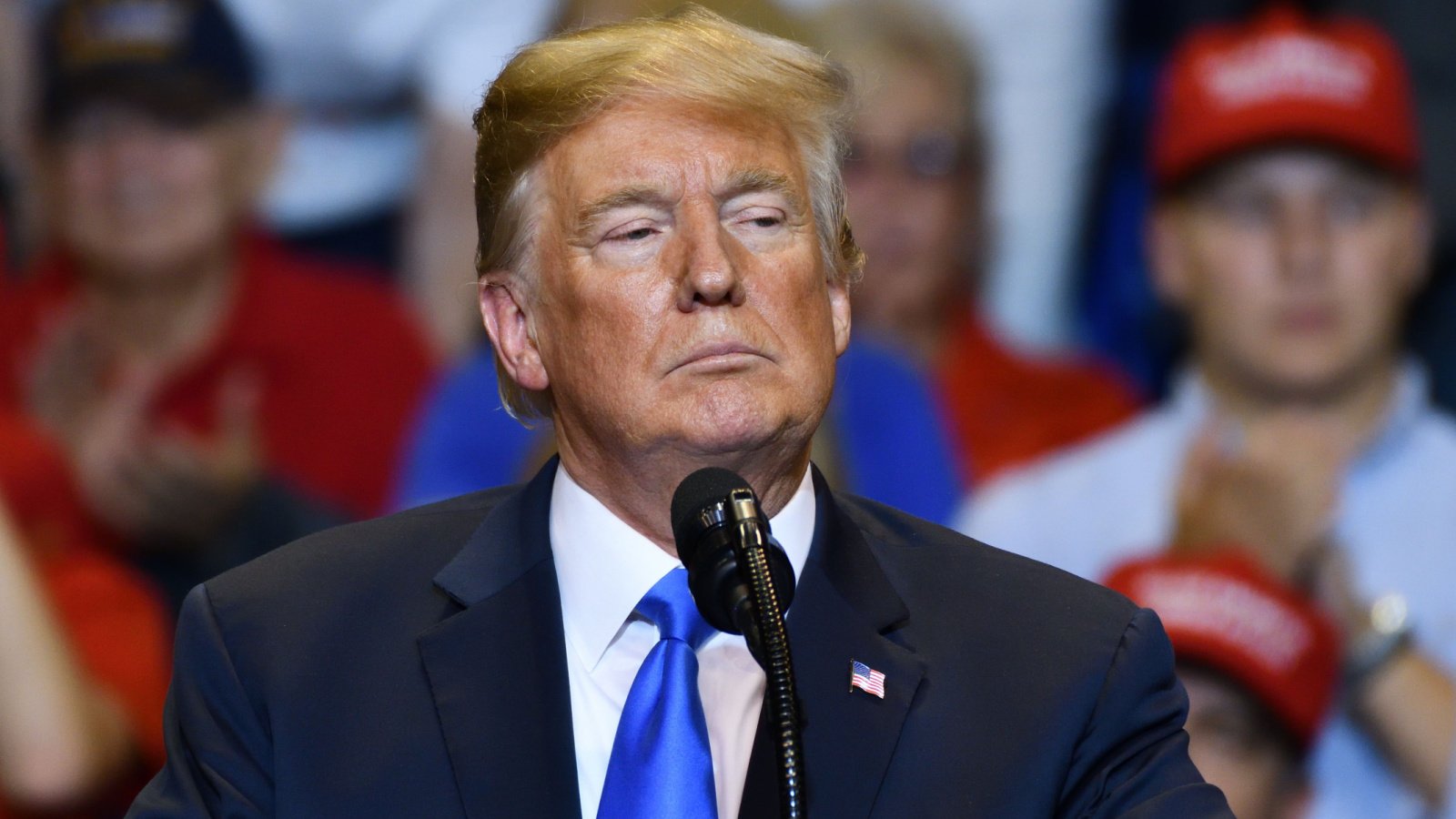
Research by the Pew Research Center highlights the predominantly liberal and Democratic affiliation among Jewish Americans, with a significant majority disapproving of Trump’s presidency.
Shifting American Perspectives

American public opinion on Israel’s military actions in Gaza shows signs of shifting, with increasing numbers believing Israel’s response has been excessive.






